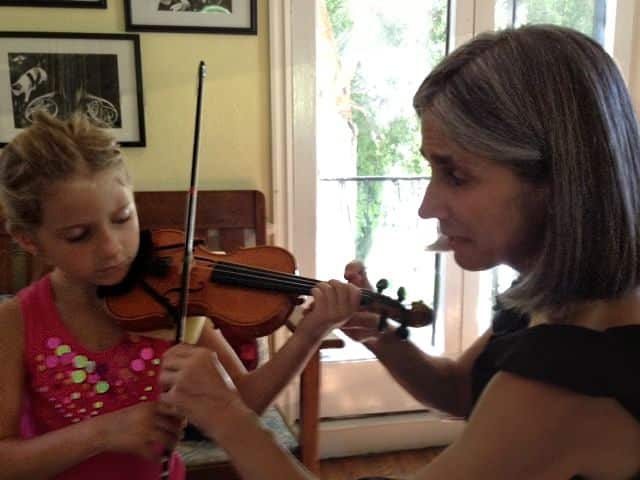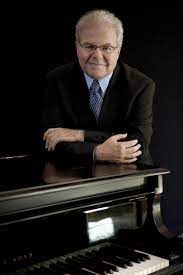A critic’s dilemma: How do you review a friend?
mainFrom the Lebrecht Album of the Week:
A critic’s dilemma. The cellist Steven Isserlis is a pal. He lives around the corner, and we bump into each other at local amenities. He knows I have received his latest release for review. He will be disappointed if I ignore it and grumpy if I find fault. To review or not to review?
If I ruled out reviewing friends, I’d have to turn down half the record output. By the same token, if I mentioned a friendship every time I reviewed, readers would switch off. So what to do?…
Read on here.

And here.





Comments